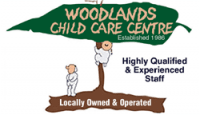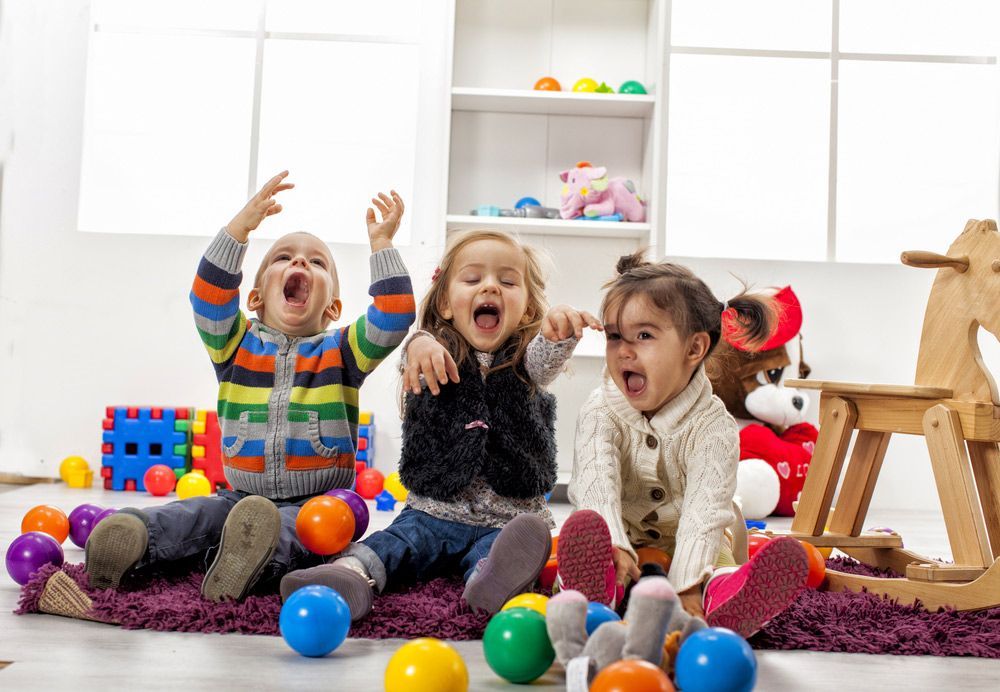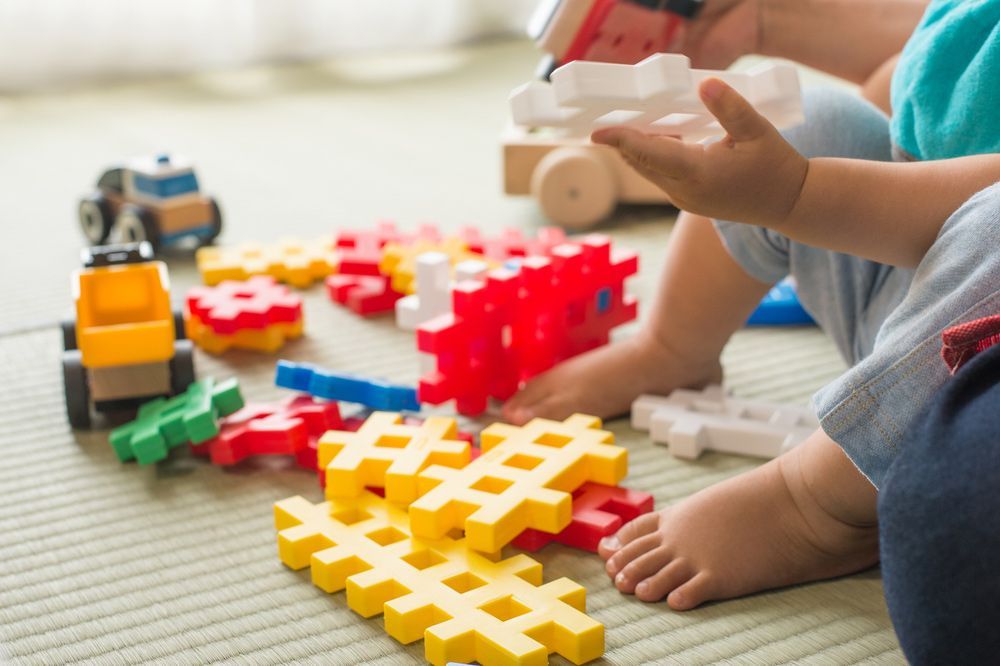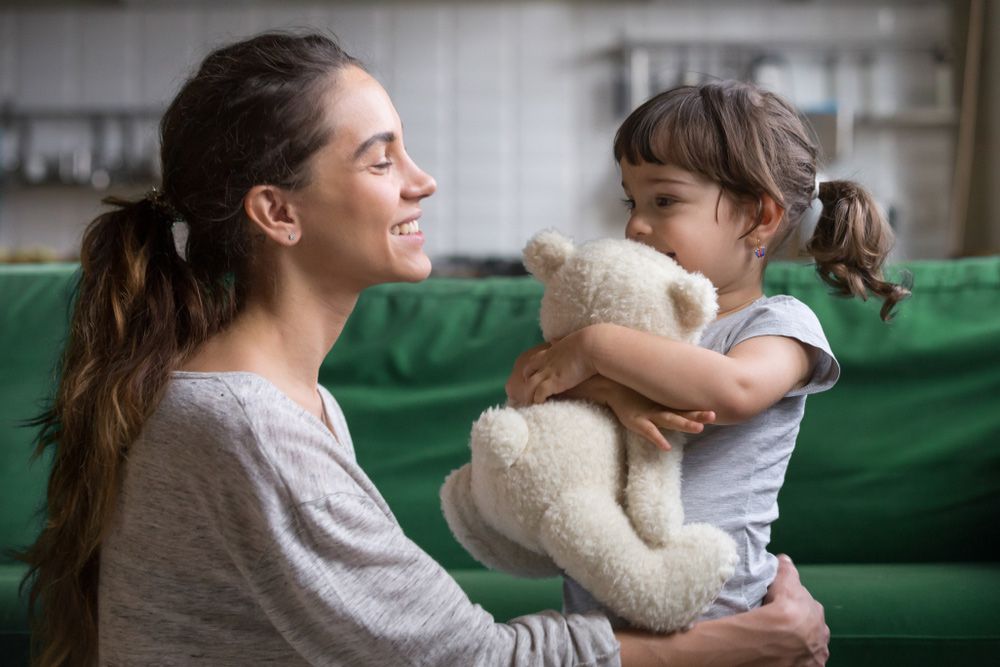Preschool & Language Development: Enhancing Communication Skills
Language development during preschool plays a crucial role in children’s communication and cognitive abilities. Preschools can offer a supportive space where children can engage with language through meaningful interactions, building foundational skills for effective communication. Activities such as storytelling, group discussions, and interactive play can offer valuable opportunities for children to explore and practice language in various ways. Here’s how these activities can encourage language growth, contributing to a dynamic and language-rich learning environment.
Building Vocabulary Through Storytelling
Storytelling sessions can introduce young children to various new words, providing a valuable context for language development. Hearing stories lets children experience language in meaningful ways, giving them exposure to words that may not come up in daily conversation:
- Contextual Learning: Stories can help children make sense of unfamiliar words through context.
- Repetition: Favourite stories heard repeatedly can strengthen word recognition and memory.
- Engagement: Storytelling can draw children’s attention, associating language with creativity and enjoyment.
Enhancing Listening & Expression in Group Discussions
Group discussions in preschool can introduce children to expressing ideas while listening to others, creating valuable social and language development opportunities. These sessions allow preschoolers to experience conversational flow and respect in communication:
- Turn-Taking: Children practice taking turns, experiencing the natural flow of conversation.
- Listening Skills: Paying attention to peers can foster essential listening skills, which support effective communication.
- Self-Expression: Sharing thoughts may encourage children to articulate ideas, helping them find clarity and confidence in expression.
Developing Social Communication with Interactive Play
Interactive play can give children valuable opportunities to explore social language skills. Different types of play can create scenarios for practising communication, understanding social cues, and working collaboratively:
Types of Interactive Play Supporting Language Growth:
- Role-Playing: Pretend play lets children explore language by adopting different roles and practising conversation and situational dialogue.
- Building Games: Collaborative projects can encourage children to express preferences, negotiate, and follow instructions.
- Creative Play: Activities like drawing or crafting allow children to share ideas and discuss their creations, fostering descriptive language and interaction.
Discover Language Growth with Our Childcare Program
Preschool is essential for child development, offering children a foundation in language skills that will support their future learning and social interactions. At Woodlands Child Care Centre, our preschool program provides children with a language-rich environment through storytelling, group discussions, and play-based learning. These activities are thoughtfully designed to nurture vocabulary, confidence in communication, and social skills as children engage with peers and educators. Visit our child care centre in Albury or give us a call to discover how our programs can support your child’s language journey.






